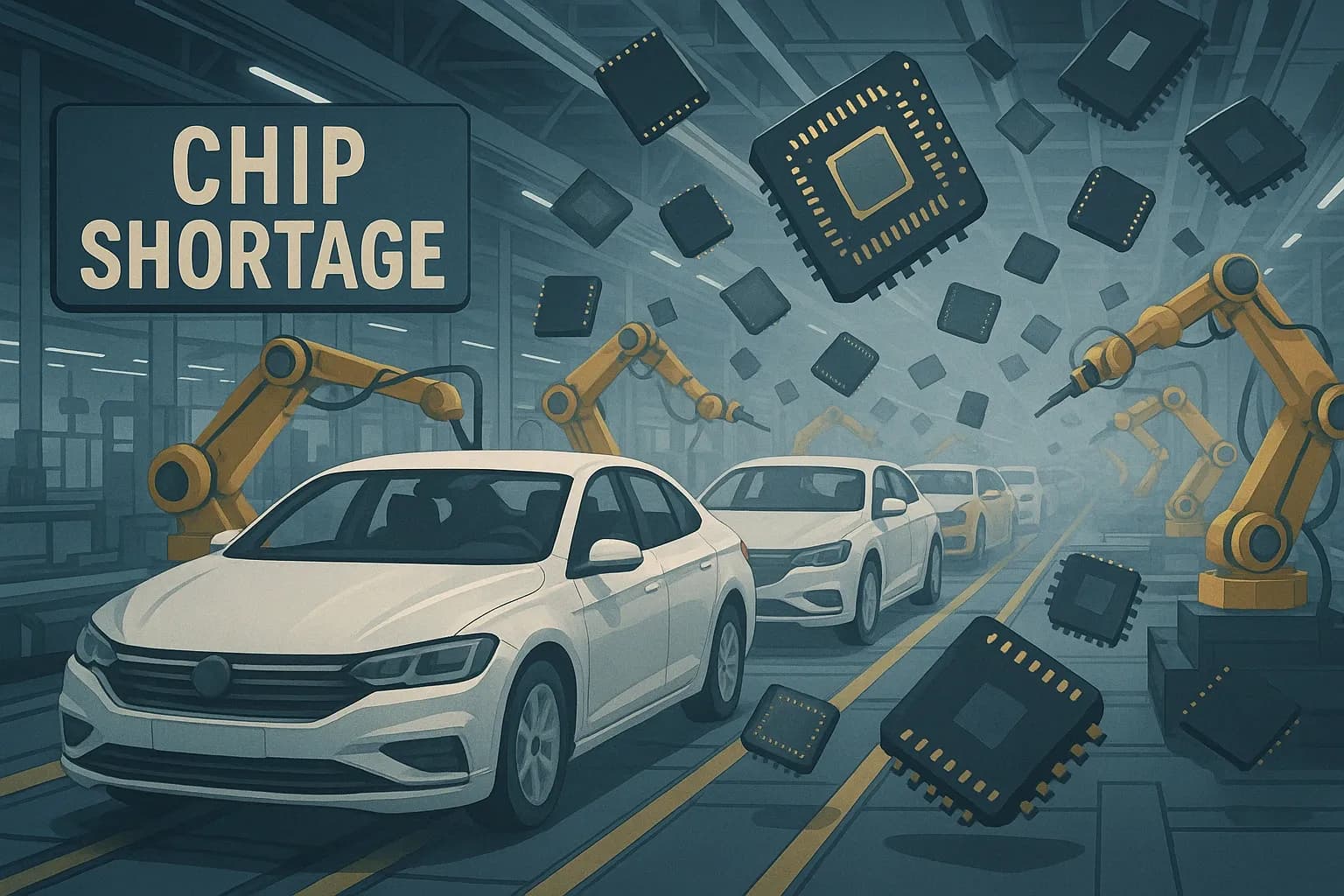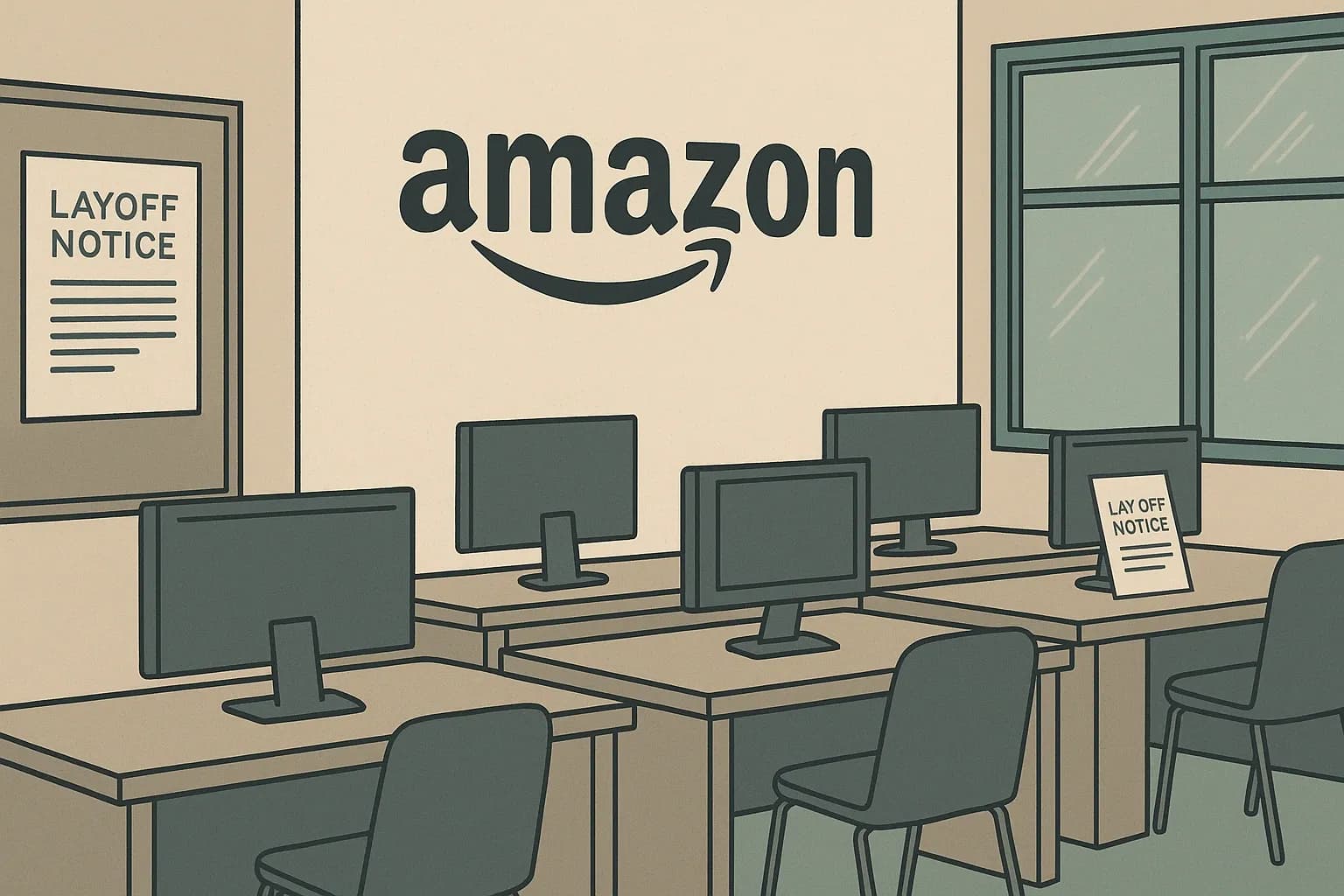Europe’s auto industry faces a potential production halt after the Dutch government seized Nexperia and China retaliated by blocking chip exports, triggering a shortage that could furlough thousands of workers.
How the dispute began
In late October 2025, the Dutch government seized control of chipmaker Nexperia, which is owned by China’s Wingtech. Beijing immediately retaliated by banning exports of Nexperia’s microcontroller chips, the simple but essential components used in everything from door locks to engine management systems. The ban caught Europe’s car industry off guard because these chips are ubiquitous and not easily substituted.
Bosch and carmakers scramble
Bosch, the German auto supplier, has warned that its Salzgitter plant may soon have to halt production. The company has begun preparing furloughs for workers in case parts run out. Volkswagen, BMW and Mercedes say they have enough chips to cover current production but cannot rule out short‑term interruptions. All three brands are working to secure alternative suppliers and are considering rationing chips across models. Labour unions are sounding the alarm about the risk of widespread furloughs or layoffs if the shortage drags on.
Industry impact
The dispute underscores how dependent Europe’s carmakers are on low‑cost Chinese chips. Nexperia’s microcontrollers are simple yet critical to modern vehicles, controlling everything from infotainment systems to emissions sensors. Supply disruptions come on top of existing pandemic‑era shortages and growing U.S.–China trade tensions, creating a perfect storm for the industry.
Potential solutions
Industry groups and diplomats are urging the Dutch and Chinese governments to find a compromise quickly. Automakers are stockpiling chips and rushing to qualify new vendors in Taiwan, South Korea and the United States, but switching suppliers takes time. Analysts say building more semiconductor plants in Europe could reduce dependency on Asia in the long term, but such projects require years of investment and billions of euros.
Conclusion
The fight over Nexperia shows how a single corporate dispute can ripple across global supply chains. Unless a resolution is reached, Europe’s assembly lines could face rolling production pauses and thousands of workers may be sent home while companies wait for the chips to flow again.




